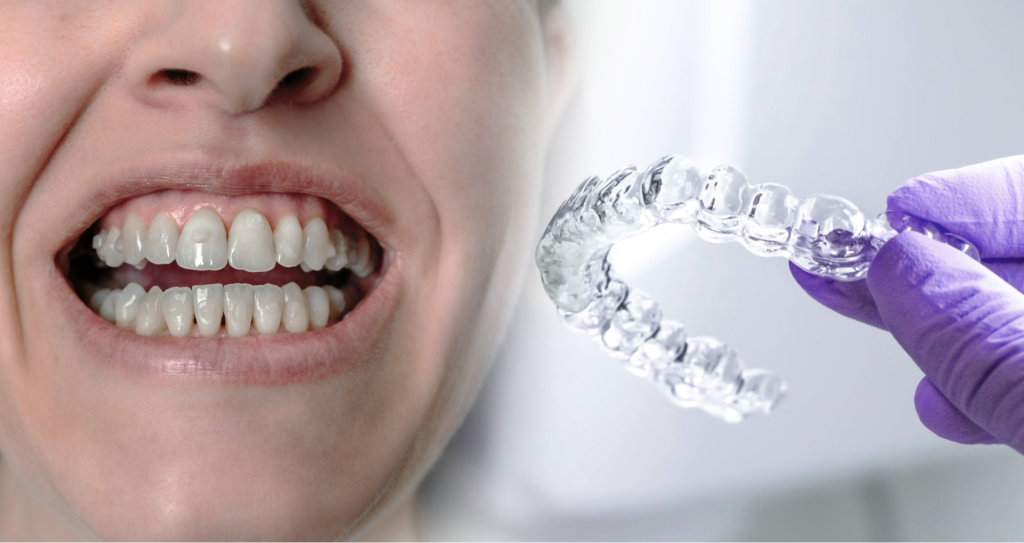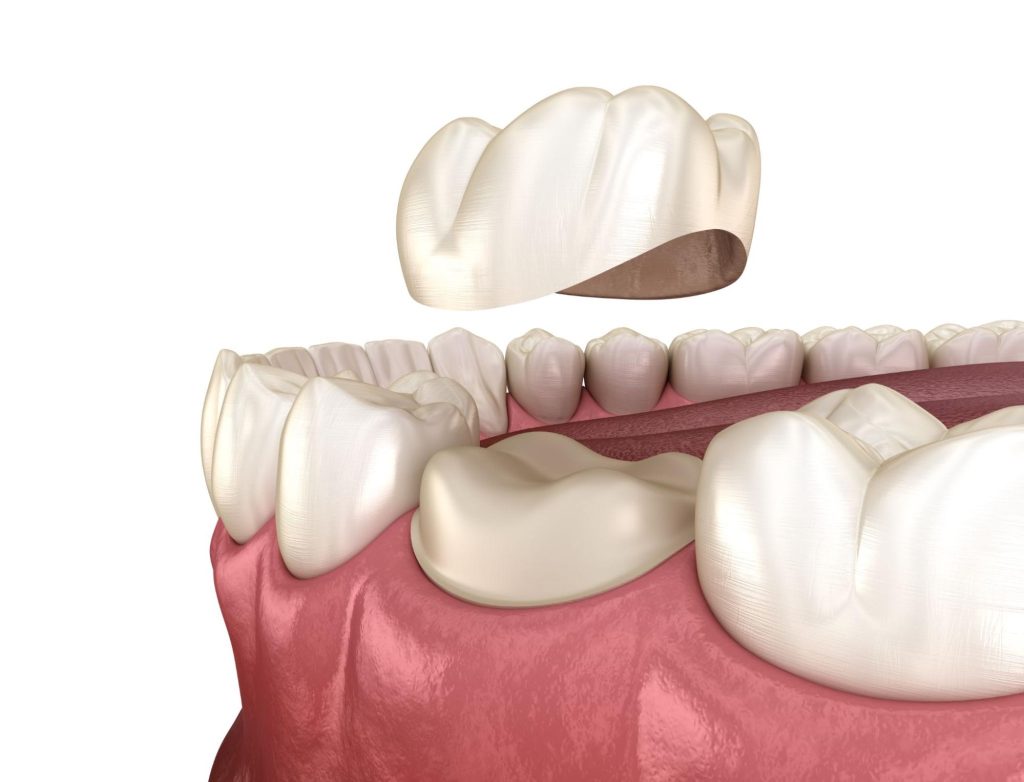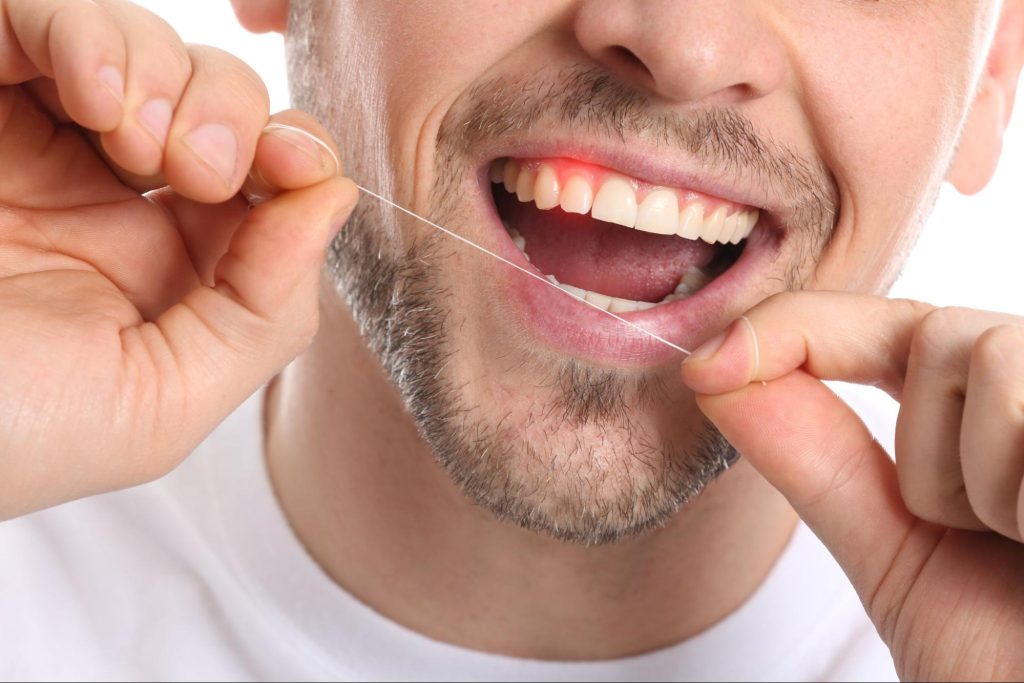If you have a child, oral health is likely a big topic of discussion within your home. Parents play a central role in how children will view oral healthcare throughout their lives, from teaching their kids how to brush and floss correctly, to losing baby teeth and visiting the dentist. While all these factors are important in establishing good oral hygiene, many are unaware of just how crucial their children’s diets are to the health of their teeth and gums. To ensure that your children’s teeth remain healthy, learn the best habits for oral health and discover the role that diet plays.
Children’s Diet for Healthier Teeth
Many children are notoriously picky eaters. While this comes as no surprise to parents, it may be shocking to learn the effects of unhealthy eating habits on your child’s oral health. Items like soft drinks, lollies, juices, and even milk contain sugars that cause harmful tooth decay and take the place of healthier alternatives that can strengthen the teeth.
Raw Fruits and Vegetables
Raw fruits and vegetables typically contain a much higher nutritional value than those that are steamed or otherwise altered. Vitamins and minerals like vitamin C, found in oranges, aid in keeping the gums healthy. Likewise, the hard texture of raw vegetables, such as carrots and celery, can help keep the teeth clean.
Leafy, Green Vegetables
While leafy, green vegetables are not a favourite among youngsters, they have invaluable nutritional benefits for health. This includes the health of the teeth and gums. This is because they contain vitamins like vitamin A and C and magnesium and calcium.
Calcium-Rich Foods
Calcium is not produced naturally by the body and must be absorbed through our diets. It is essential to keep teeth strong. Fortunately, many kid favourites like cheese, milk, and yoghurt contain high amounts of calcium that aid in good child oral health.
Protein
The first thought that many have when it comes to the word protein is meat. While it’s true that meat contains high levels of protein, it can also be found through sources like nuts, beans, and eggs. Protein aids in sustaining living bone, like teeth, and is especially important for developing a strong enamel (the outer layer of a tooth).
Fluoridated Water
Fluoride is added to several oral hygiene products like toothpaste and mouthwash because of its incredible ability to keep tooth decay at bay. To up the level of fluoride that your child receives, fluoridated water is a good option.
Sugar-Free Gum
While most lollies and gums should be avoided due to their high sugar content, sugar-free gum is an excellent alternative for kids. They view it as a treat, but it increases saliva production, which can neutralise acids in the mouth, relieve symptoms of dry mouth and remove food particles that become lodged in-between the teeth.
Tips for Your Children’s Oral Health
Starting the Care of Baby Teeth Early
Although babies are born without teeth in their mouths, oral care is still necessary from the first moments of life. This is because infants drink breast milk or formula, which sits on the gums. If it is not wiped clean, the sugars within the breast milk or liquid turn to acids that cause tooth decay.
Baby teeth emerge as quickly as six months after birth (sooner in some cases), so it is best to start healthy oral habits as soon as possible to prevent lasting dental problems. Parents should clean their infants’ gums regularly using gauze or an infant toothbrush. Before eighteen months of age, simply wetting the toothbrush or gauze with water is sufficient. After this point, use only a small pea-sized amount of fluoride toothpaste.
Additionally, parents should avoid giving bottles full of sugary juices throughout the day and should cease bottle usage altogether around the child’s first birthday. Instead, provide milk and water in a sippy cup.
Brush Your Child’s Teeth Regularly
The most crucial aspect of child oral care habits is to remain consistent. Kids should brush their teeth at least twice a day, at least. Most parents find it helpful to stick to a schedule and brush in the mornings and as part of a bedtime routine. When brushing is ingrained into a routine from a young age, it teaches children healthy habits that they are likely to continue on their own as they age. Keep in mind that most children cannot brush effectively on their own until they are around six to nine years of age. Even then, parents should closely monitor their children’s brushing habits to ensure that they are brushing correctly and for an appropriate amount of time. The general recommendation is to brush for two minutes. Using a stopwatch or teaching your children to sing a song that lasts for two minutes is a great way to make the experience more engaging and exciting.
Start Regular Check-Ups at the Dentist Early
Many parents feel it’s unnecessary to take their children to the dentist at a young age. This is a common misconception because infants don’t have teeth yet or only have a few in place. Dental professionals recommend that children be seen around their first birthday or within six months of getting their first tooth. This allows dentists to address any problems quickly before they turn into larger dilemmas. Likewise, it helps get the child comfortable with the process.
By teaching and encouraging your child, oral health can become a key focus now and in the future. With a healthy diet, regular brushing, and proper dental care, you can also prevent infections along with painful and costly procedures. If you are struggling to help your child maintain good oral health habits, reach out to a dentist today to learn how to navigate common problems.



